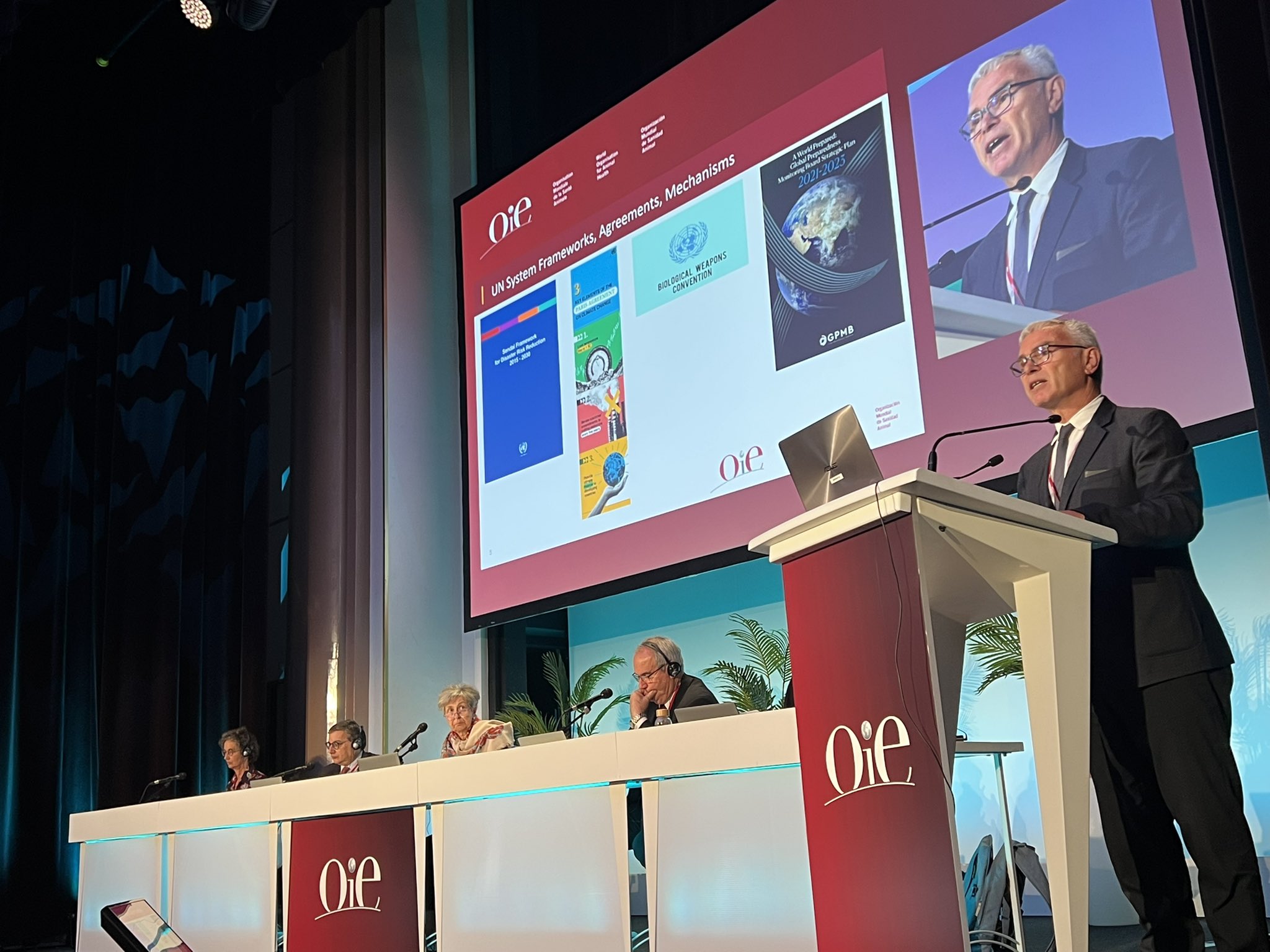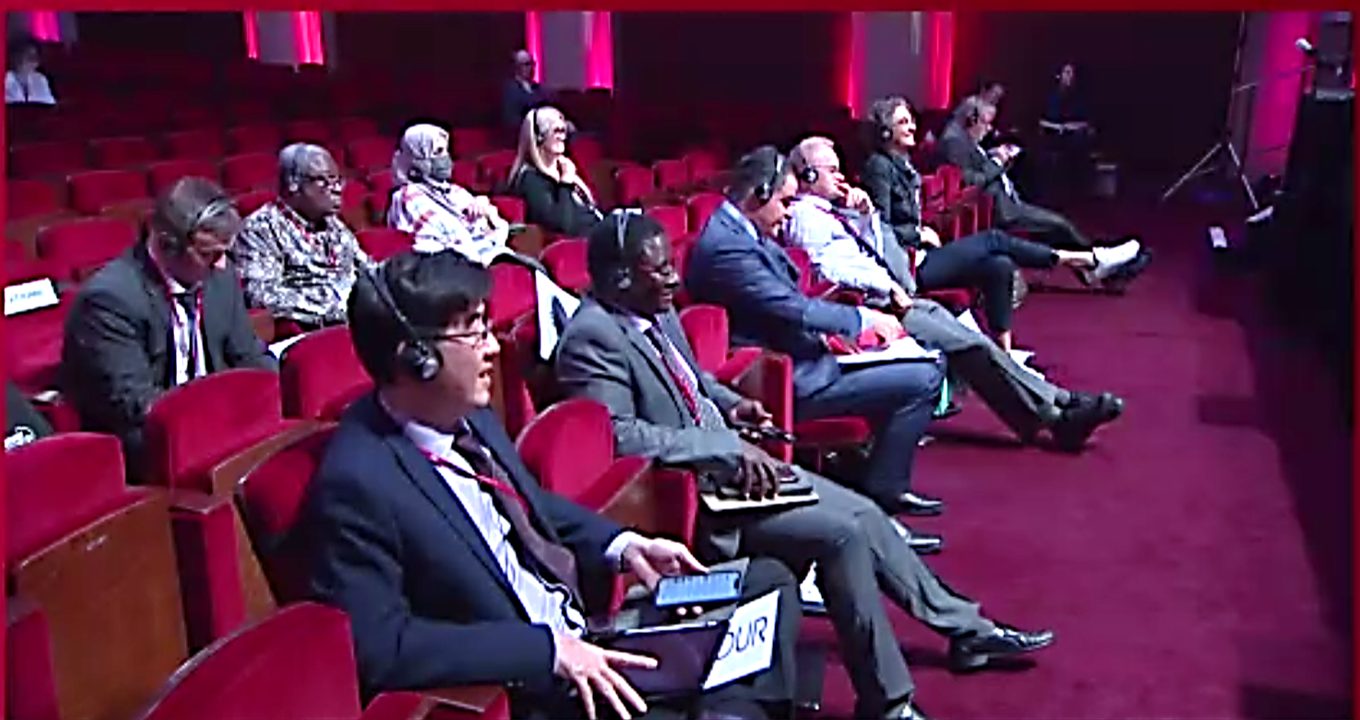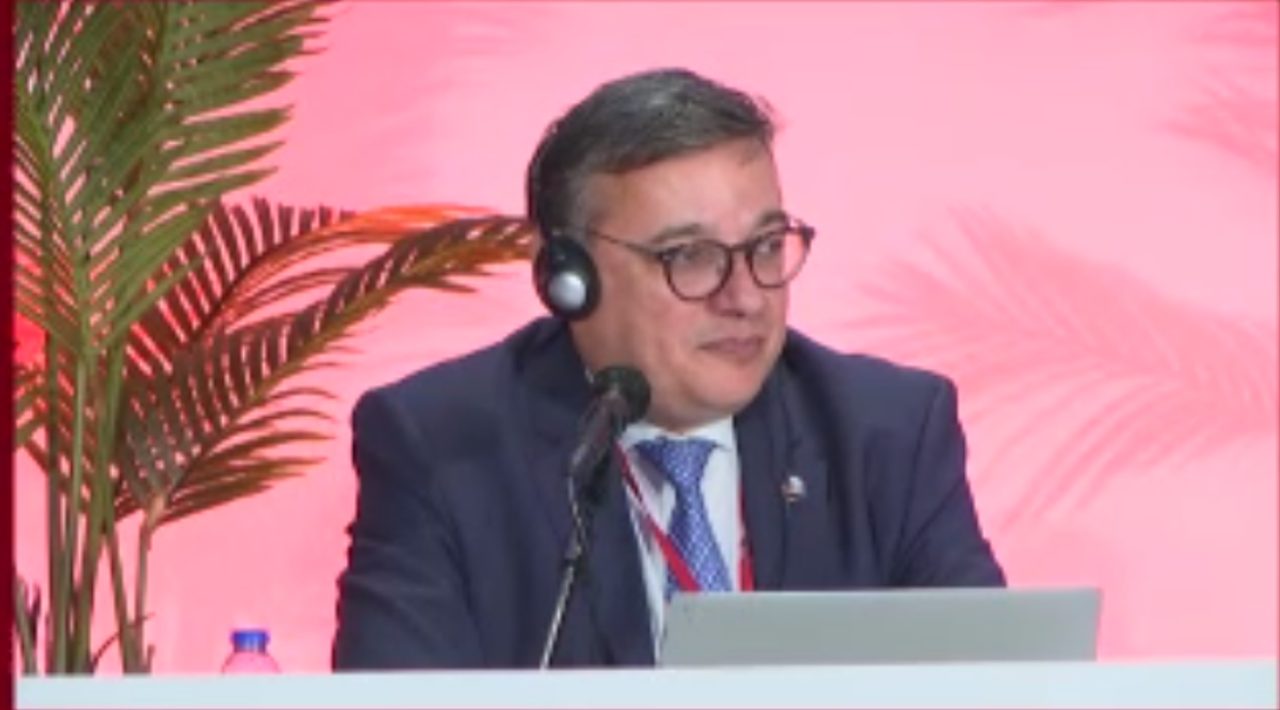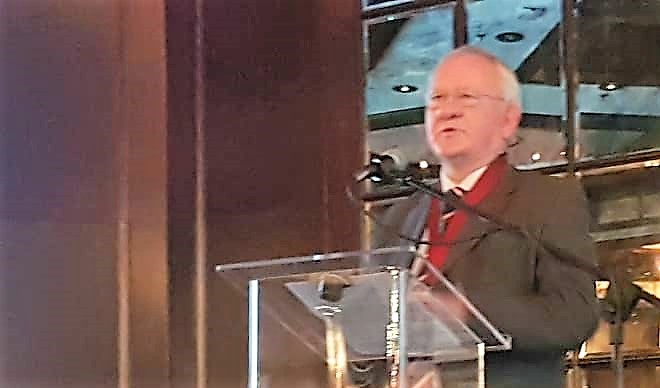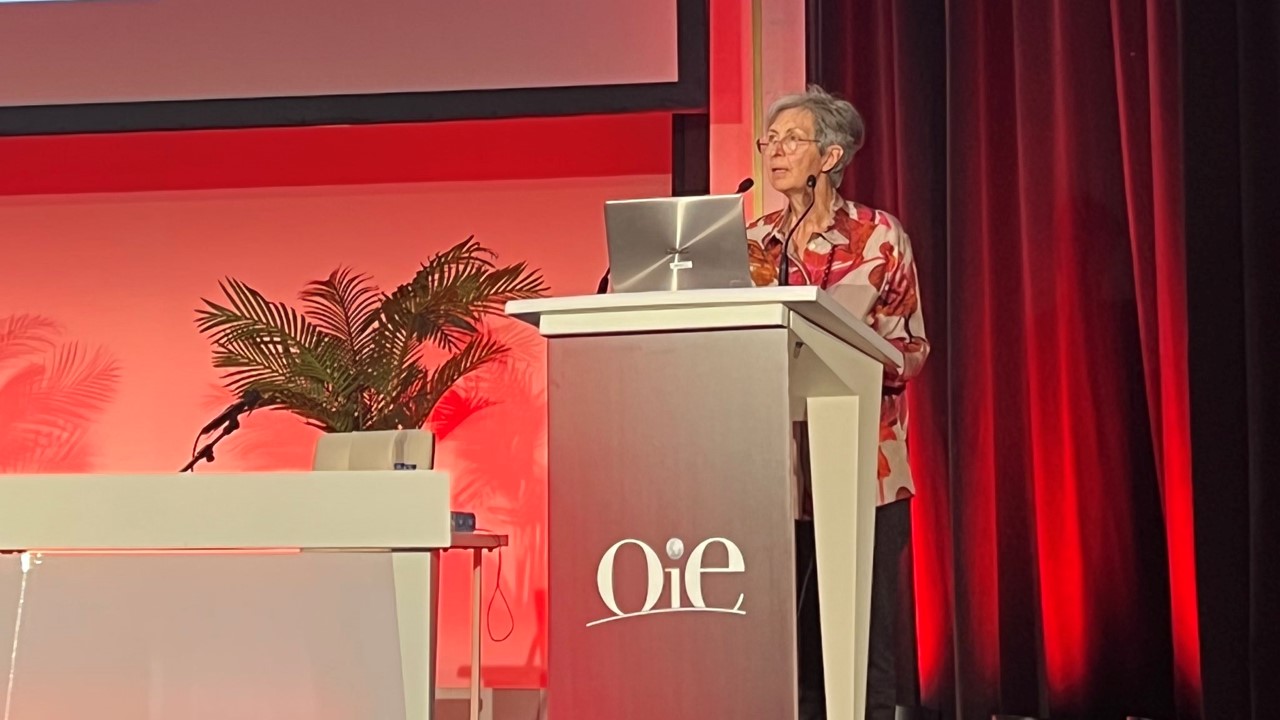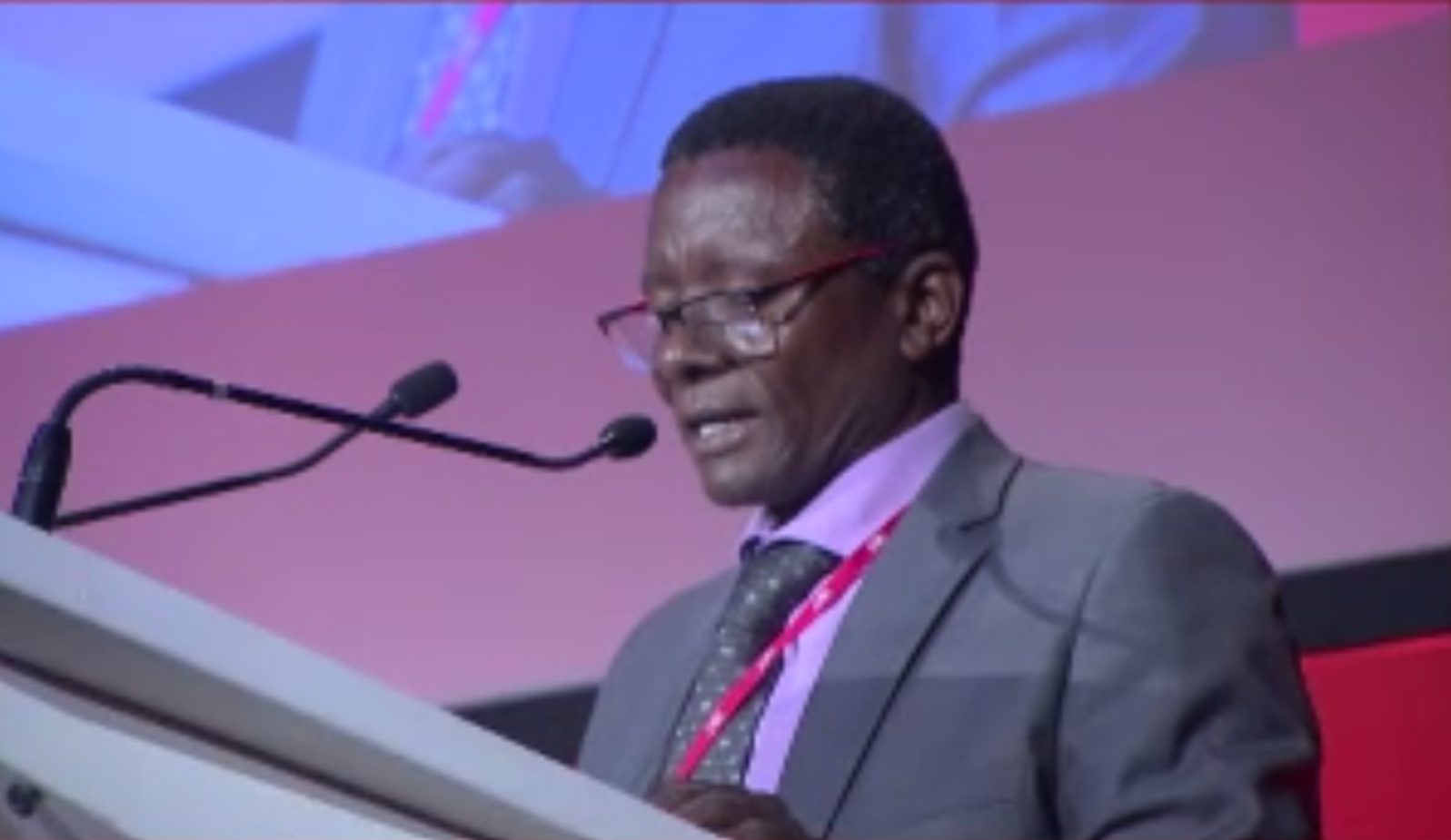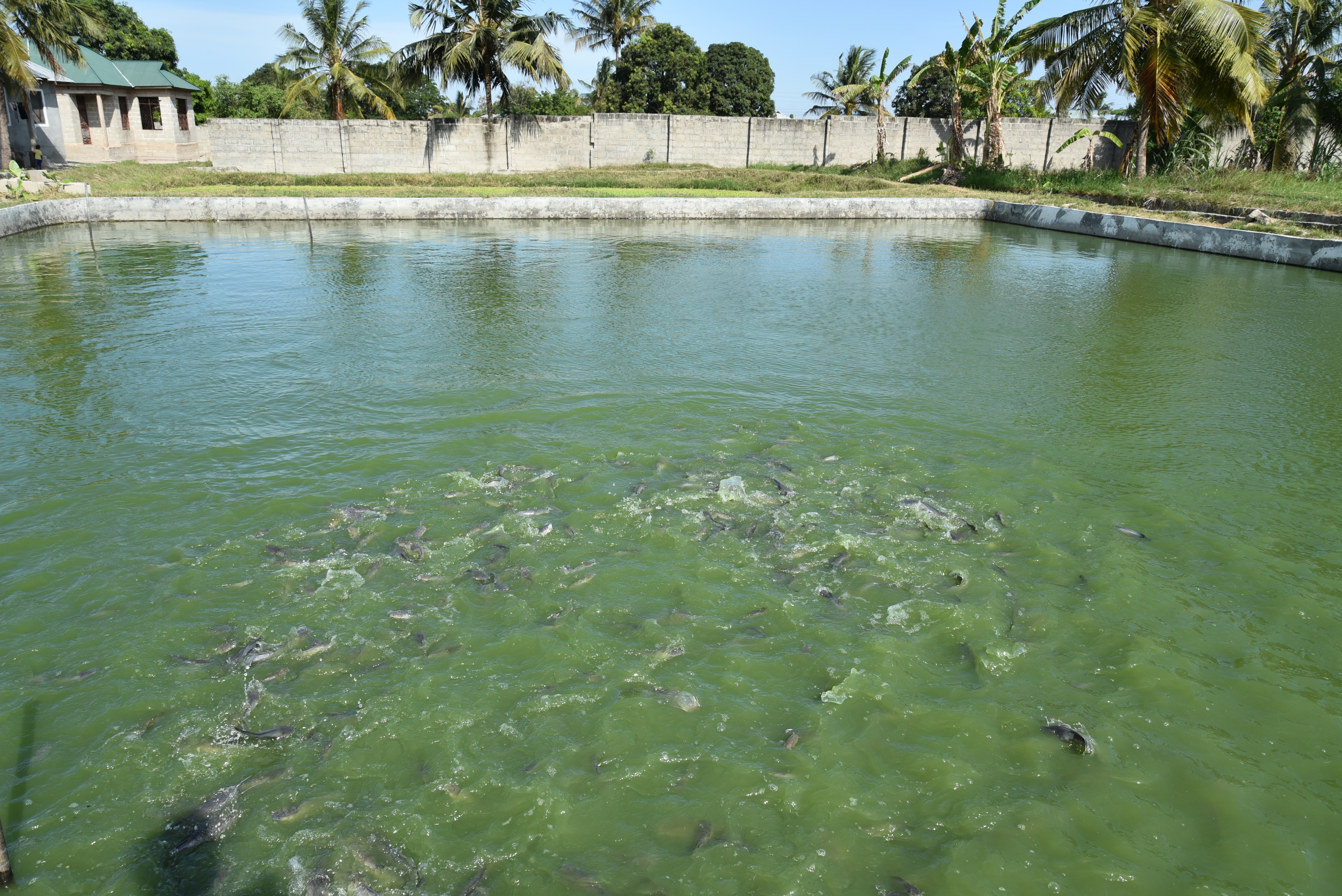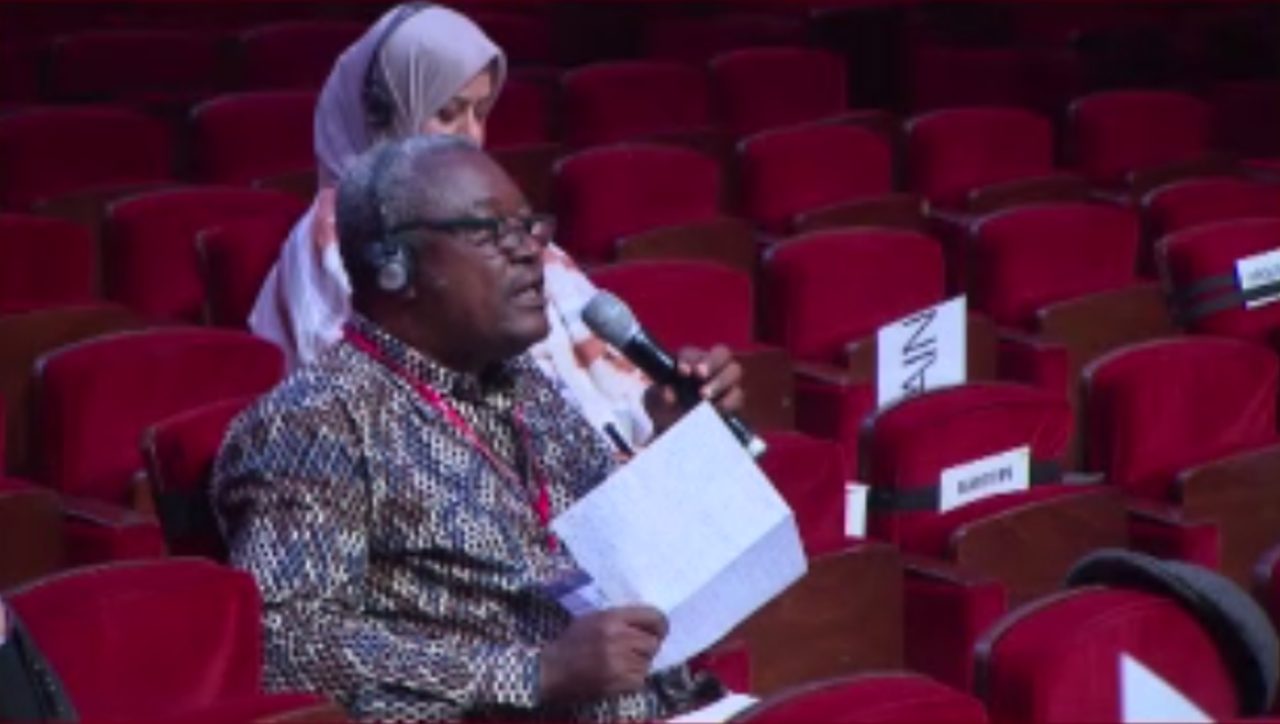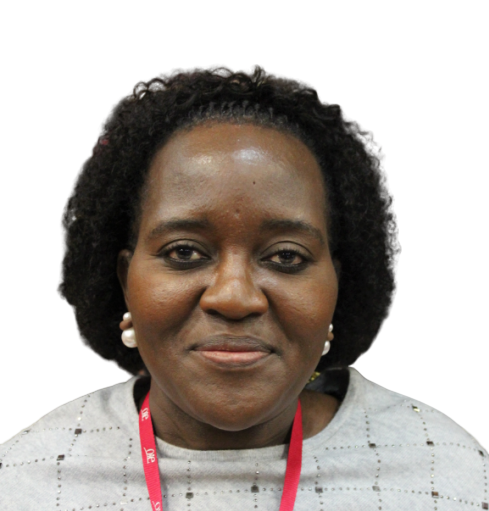Overview of the limited physical attendance at the 89th General Session.
Well over 500 participants from 151 countries and territories joined the first-ever hybrid event, either in person or virtually, representing national Delegates of the OIE as well as OIE experts, selected staff and representatives international, intergovernmental, regional and national organisations. The opening ceremony was held in the (online) presence of 5 Ministers and members of government of OIE Member Countries and Territories, as well as the President of the OIE, Dr Hugo Federico Idoyaga Benítez (Paraguay), and the Director General of the OIE, Dr Monique Eloit.
This 89th General Session not only endorsed important new standards and accredited new institutions, but it also elected the Middle East member on the OIE Council, as well as positions at the Bureaus of the Regional Commissions for Africa, Americas, Asia, Far East and Oceania, and Middle East.
Opening ceremony
Ministerial addresses were delivered by Ministers from Egypt, India, Italy, Paraguay, the USA, as well as H.E. Aly Saleh Diop (Minister of Livestock and Animal Production) from Senegal. He emphasised the importance of investing in the resilience of Veterinary Services which is in continuing evolution due to climate change and the ever-increasing interactions between people, animals and ecosystems.
Deputy-Director General, Dr Jean-Philippe Dop
Dr Gideon Bruckner, during the award ceremony held in Cape Town, earlier in May 2022.
He also reminded the Assembly of the contribution of Veterinary Services during the pandemic in controlling animal diseases especially through vaccination. He mentioned the importance of strengthening the capacities of Veterinary Services and laboratories for the diagnosis of animal diseases.
During the opening ceremony, the President of the World Assembly, Dr Hugo Federico Idoyaga Benitéz (Paraguay) and the Director General, Dr Monique Eloit officially acknowledged the achievement of four award recipients and commended the leading role these individuals have played in animal and public health, which in turn has enabled us to work towards a healthier and more sustainable world. Among them, there is the Gold Medal granted to Dr Gideon Bruckner (South Africa) in recognition of is outstanding service in the field of veterinary science and their contribution to the scientific and technological development of the Organisation’s activities.
The Director General highlighted – among all the activities – the key achievements reached in 2021 such as:
Finally still in 2021, the first global Aquatic Animal Health Strategy was launched. This ambitious programme sets priorities for collaborative actions to improve aquatic animal health and welfare worldwide, and to fully realise the potential of aquatic animal production.
Dr. Monique Eloit, Director General of the World Organisation for Animal Health
Technical Item ¢ OIE and Veterinary Services engagement in global, regional, and national emergency management systems (Rapporteur: Dr Matthew Stone, New Zealand)
Dr Matthew Stone presented the broad outline of the paper prepared for the World Assembly, highlighting the current global context and systems for emergency management by identifying and characterising threats as well as planning approaches and tools.
The paper introduced the emergency management disciplines as well as the OIE’s expanding programmes and services to Members to develop emergency management capacities to shape future directions. In particular, Dr Stone highlighted the central role that Veterinary Services play in managing emergencies, particularly in relation to animal health and veterinary public health, and also in response to broader disasters which have cascading impacts. Whilst explaining some of the gaps at international level and the resource challenges faced by OIE Members, he highlighted the cost-benefit of investing in emergency management systems.
Dr Roland Dlamini, OIE Delegate of Eswatini and OIE Council Member during the report on the internal audit exercice.
Animal Health Standards
The OIE Delegates adopted and revised a number of international standards (including new chapters) for terrestrial and aquatic animal diseases and, in summary, a total of:
Adoption of new Terrestrial Animal Health and Welfare Standards
The President of the Terrestrial Code Commission, Dr Etienne Bonbon (France), presented the work programme conducted since the previous General Session (2021) and submitted a number of revised and new standards for approval to the World Assembly of Delegates. Several definitions and Chapters revised and adopted to improve the implementation of such recommendations by member countries. With respect to definitions, it is worth highlighting the modifications related to “Competent Authority”, “Veterinary Authority”, and “Veterinary Services” as will be reflected in the revised Glossary of the Terrestrial Code 2022 to be published around August 2022. Among the Chapters revised and adopted one could highlight the revision of the Standard on dog population management (Chapter 7.7, formerly ‘stray dog population control’) that has been updated, to cover all dogs, whether owned or unowned, with the objective of supporting countries in achieving better vaccination coverage in dog populations. Other Chapters were updated such as – for example – those related to “Quality of Veterinary Services”, “Veterinary Legislation”, “Infection with rinderpest virus”, “Zoonoses transmissible from non-human primates”, Infection with “Echinococcus granulosus” to be in line with the latest scientific evidence and requests from Members countries.
In terms of the Terrestrial Manual, some extensive or moderate revisions (or new Chapters) of relevance to Africa, are related to:
Adoption of new Aquatic Animal Health and Welfare Standards
The President of the Aquatic Animal Health Standards Commission, Dr Ingo Ernst (Australia), in his presentation highlighted all the activities conducted by the Commission over the year and provided an overview of the texts proposed for adoption. Of note, definitions of the Aquatic Code were revised on surveillance such as ‘Basic biosecurity conditions’, ‘Biosecurity plan’, ‘Early detection system’ and ‘Passive surveillance’ (new definition).
Smallholder fish pond in coastal Tanzania. Picture (c) P. Bastiaensen (oie) 2018
A new disease (infection with Tilapia lake virus or TiLV) was listed by the OIE according to the criteria of Chapter 1.3 of the Aquatic Code as well as important changes have been introduced in the approaches to demonstrating disease freedom through substantial revision of Chapter 1.4. (Aquatic Animal Health Surveillance) and model articles for demonstrating disease freedom for the disease specific chapters of the Aquatic Code. In particular, the World Assembly of Delegates adopted a revised version of the Standard on aquatic animal disease surveillance, with the aim of guiding Members through the process of self-declaring freedom from an aquatic animal disease using solid evidence as well as to improve aquatic animal disease surveillance in line with the OIE Global Aquatic Animal Health Strategy launched in 2021.
Activities of the Working Group on Wildlife
Via a live video link, Dr William B. Karesh, Chair of the Working Group on Wildlife presented highlights from the Working Group’s activities during the past 12 months. To support the OIE’s core mission of transparency the Working Group discussed how to improve the quality of data and usefulness of wildlife disease reporting at international level, recognizing that this would be underpinned by wildlife disease surveillance at national level. The Working Group agreed to align its work and its mission with the OIE’s Wildlife Health Framework and welcomed being an advisory body within the framework’s governance structure.
Dr Honore Nlemba Mabela, OIE Delegate of the Democratic Republic of Congo and President of the OIE Regional Commission for Africa.
Activities of the Working Group on Antimicrobial resistance
The Chair of the Working Group on Antimicrobial Resistance Dr. Tomoko Ishibashi (Japan) presented the activities of the Group and updated Members on the recommendations of the Interagency Coordination Group (IACG) regarding antimicrobial resistance (AMR) governance. The presentation also highlighted the preliminary results of the 6th OIE Annual Report on Antimicrobial Use (AMU) and the launch of the OIE AMU Database (ANIMUSE) that will allow integration of AMU with AMR data through the Quadripartite Integrated System for Surveillance and Antimicrobial Use (QISSA) and will contribute to empowering Member countries to use their own data and perform their own analysis.
Member countries welcomed the expansion and inclusion of the environmental elements into the efforts of combatting AMR and contributing towards implementing the One Health Approach.
Dr. Botlhe Michael Modisane, OIE Delegate of South Africa and past-President of the World Assembly
Animal Health Status
The OIE World Assembly issued a total of 6 new official animal health statuses and 2 endorsements of disease control programmes. Of note for Africa is the endorsement by the OIE of the official control programmes against FMD in Botswana and against CBPP in Zambia.
Recognition of reference centres
11 new Reference Centres were recognized by the World Assembly. These new recognitions bring the total number to 334 Reference Centres located in 47 countries.
International Agreements
Three new cooperation agreements were signed by the OIE to respond more effectively to Global Health challenges including the Memorandum of Understanding approved and signed between OIE and UNEP (United Nations Environment Programme) which Headquarters is based in Nairobi (Kenya).
New Rebranding
The World Assembly adopted a Resolution related to the launch of its refreshed brand identity with a new logo, acronym (WOAH) and narrative as global authority on animal health to provide more clarity to its critical mandate. The objectives of the rebranding were for the Organisation`s purpose and scope to be more clearly understood by audiences worldwide, and to place animal health and welfare as a high priority for decision-makers, and for standards and services to be recognised and adopted. The new brand does not change the core mission or mandate of the Organisation which will remain dedicated as ever to promoting global animal health and welfare.
Tina Shilongo Namibia
Dr. Albertina Shilongo, OIE Delegate of Namibia, elected Vice-President of the Regional Commission for Africa
Regional Commission for Africa
The OIE Regional Commission for Africa met by videoconference on 16 May 2022 and the meeting was attended by up to 114 participants, including Delegates and observers from 31 Members of the Commission, and representatives from 13 international or regional organisations.
The meeting was chaired by Dr Honoré Robert N’lemba Mabela, President of the OIE Regional Commission for Africa and OIE Delegate of the Democratic Republic of the Congo, accompanied by Dr Karim Tounkara, OIE Regional Representative for Africa.
Several topics were discussed during the regional commission and, in particular:
The Regional Commission for Africa was also updated with the presentation of the new logo and acronym (WOAH) of the Organisation.
Finally, following a discussion involving all Delegates present in the meeting, Dr Albertina Shilongo, Delegate of Namibia, was elected, for a two-year period as Vice-President of the Regional Commission, until the election for the next three-year mandate, which will be held in May 2024.
Below : some screen captures of the OIE Regional Commission for Africa meeting on 16 May
